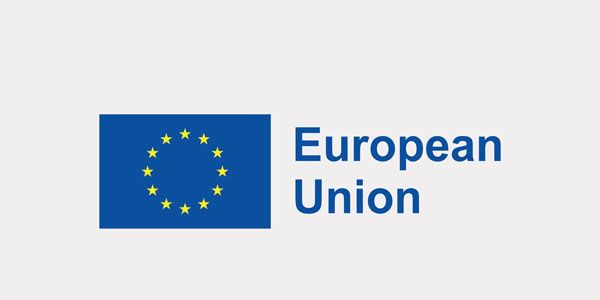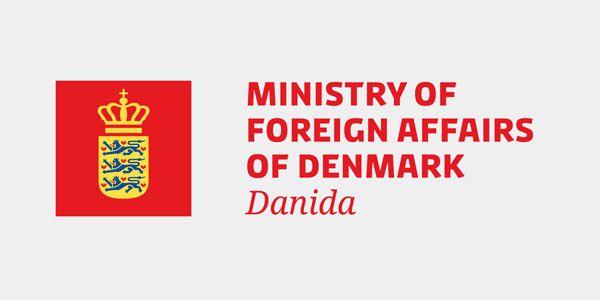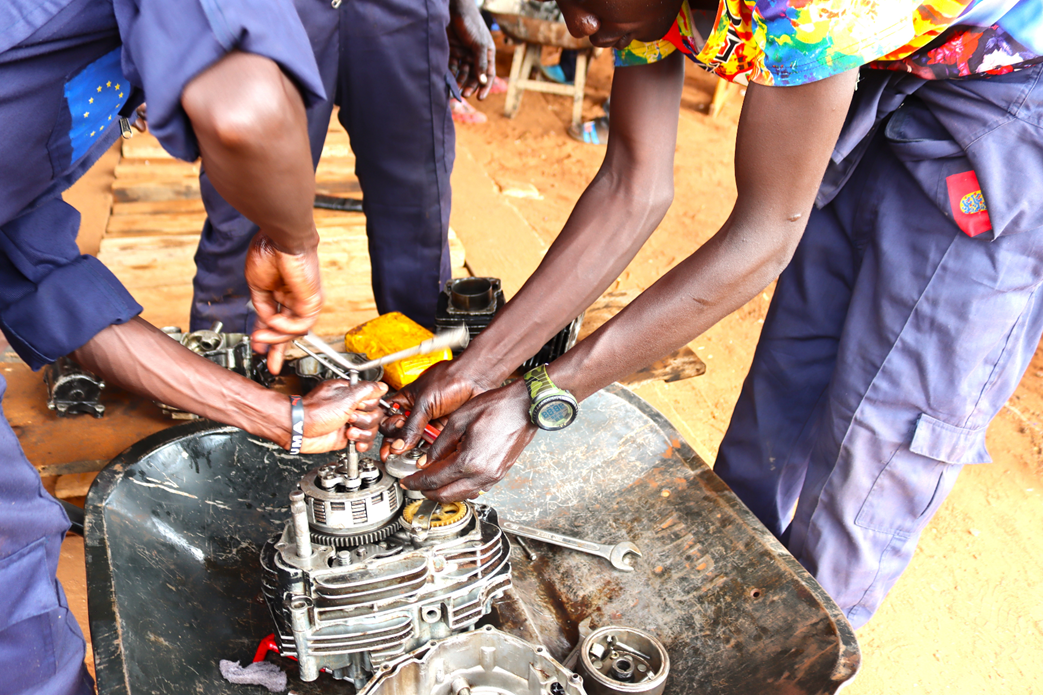The Issue
Karamoja has a high poverty rate of 66%, exceeding the national average of 20.3%. Food insecurity and famine are common due to climate-related livelihoods. The youth population faces high poverty, illiteracy, and limited access to opportunities. 86% of the young population has never attended school, and teenage pregnancies and school dropout rates are high. The prolonged COVID-19 closures have further exacerbated these issues.
Insecurity in Karamoja is exacerbated by idleness, crime, mental health issues, and alcohol and drug abuse. The EU has supported youth empowerment, but demand remains high due to high deprivation levels and the need for peacebuilding integration in future actions.
The Project
The action aims to empower 2,430 youth in Uganda’s Karamoja sub-region through increased participation in policy, sustainable income generation, and life skills training across nine districts.
The action focuses on youth skills development and training, targeting 2,430 youth aged 16-30 in Uganda. The training will benefit 1,350 youth, 150 per district, while 1,080 youth will benefit from advocacy training, with 54 youth groups per district. The goal is to involve young people in public affairs.
By obtaining essential skills and gaining access to respectable job opportunities, Karamoja youth may sustain their economic livelihoods while also contributing to peace and security. Multi-sector cooperation will give them the confidence to speak up and engage in public affairs.
The Change
This action creates skilled youth who can participate in policy, decision-making, and development processes. Consortium partners will increase access to decent work opportunities, strengthen rights, voice, and advocacy, and strengthen linkages between youth, youth groups and the private sector. Innovative multi-sector partnerships will further strengthen these partnerships.
The economic impact of skilling and training youth will increase opportunities for vocational training, apprenticeships, and employment in various sectors, supporting sustainable income generation, reducing youth unemployment and poverty, and generating disposable income in local communities and districts, thereby reducing poverty and unemployment.
The youth will enhance their social networks and capital through youth organizations and better connections to external opportunities. They will also strengthen their social cohesion and organization through governance and finance skills training, advocacy, and financial inclusion through VSLA efforts. This will increase their chances of accessing government and private sector opportunities, reduce youth idleness and crime, and promote training, apprenticeships, and self-employment.
Technichal Explainer
- VSLA (Village Savings and Loan Association): A community-based financial group that allows members to save money, access small loans, and obtain emergency insurance through pooled savings.
- BVET (Basic Vocational Education and Training): Initial training programs focused on providing foundational vocational skills to enhance employability and support economic development.
- TVET (Technical and Vocational Education and Training): Education and training programs aimed at equipping individuals with technical skills and knowledge for specific trades or professions to improve workforce readiness and economic growth.
The action aims to popularize and push for the implementation of youth policies like the National Youth Policy and BVET and TVET policies at the district level. It will involve discussions among various stakeholders, including youth, youth organisations, the private sector, and community leaders. This information will be crucial for policy evaluation and review, particularly within the Ministry of Education and Sports.
The Results
The consortium partners started implementation of the action in February 2023 with the recruitment and enrolment of the first cohort of youths into vocational skilling. Progress was registered in the execution of planned activities. As of June 2024 a total of 1,711 youth have been trained in various vocational and apprenticeship skills, assessments were conducted for 523 youth and consequently all the trained youth have been linked to employment opportunities in the formal and informal sectors, where a total of 236 youth are applying/practicing relevant skills development. Similarly, 1,118 advocacy youth and 53 advocacy youth groups have been supported to participate in policy, decision-making, and development processes as a result of the action.
Thematic Relevance
DanChurchAid (DCA), through its goals of Building Resilient Communities, focuses on building the economic, social, and environmental resilience of marginalized communities by increasing their production, income, and employment opportunities. DCA economically empowers marginalized youth (women and men aged 18-35 years) by equipping them with marketable skills that enable them to become competitive in the workplace.
About this project
Title: Increasing Opportunities for Youth Participation and Empowerment (IOYPE) in Karamoja
Period: 2023 to 2025
Local Partners: Cooperation and Development (C&D) and Arid Land Development Program (ADP)
Amount: EUR 750,000
Outreach: 2,430 youth (55% female)
Donor: European Union (Main) and DANIDA (Co-funder)



